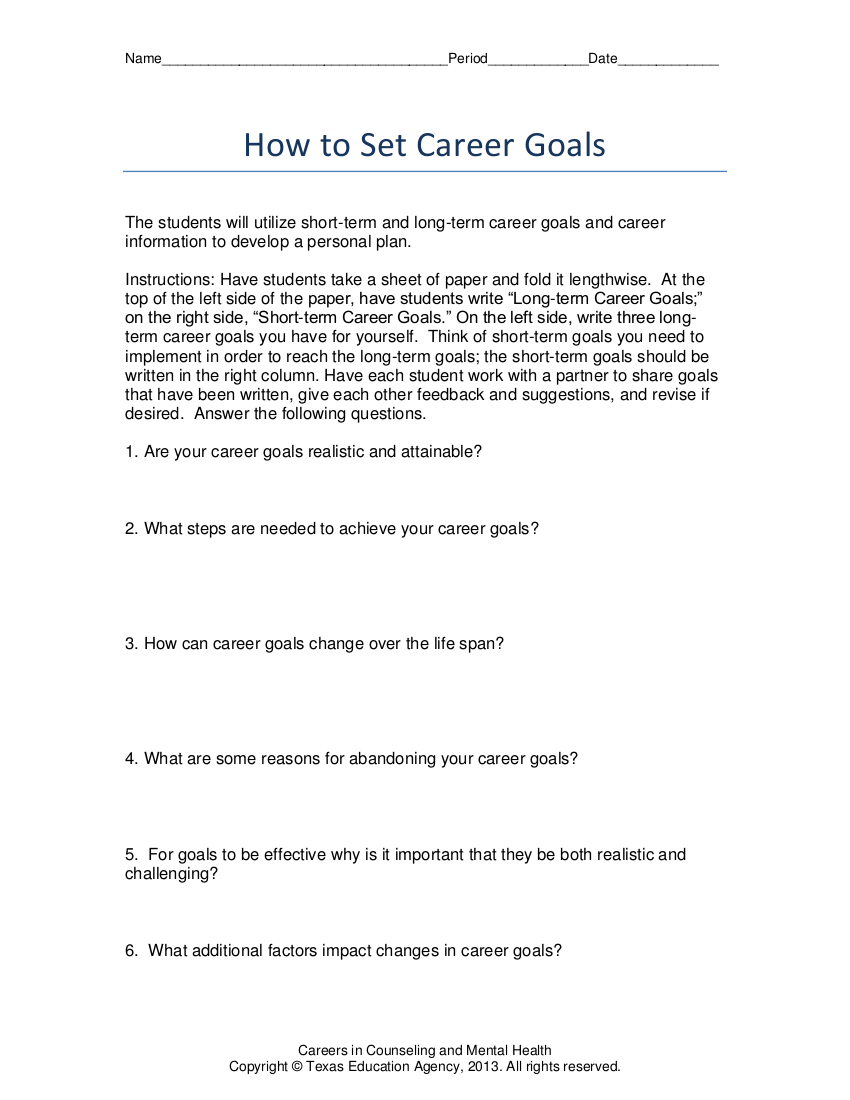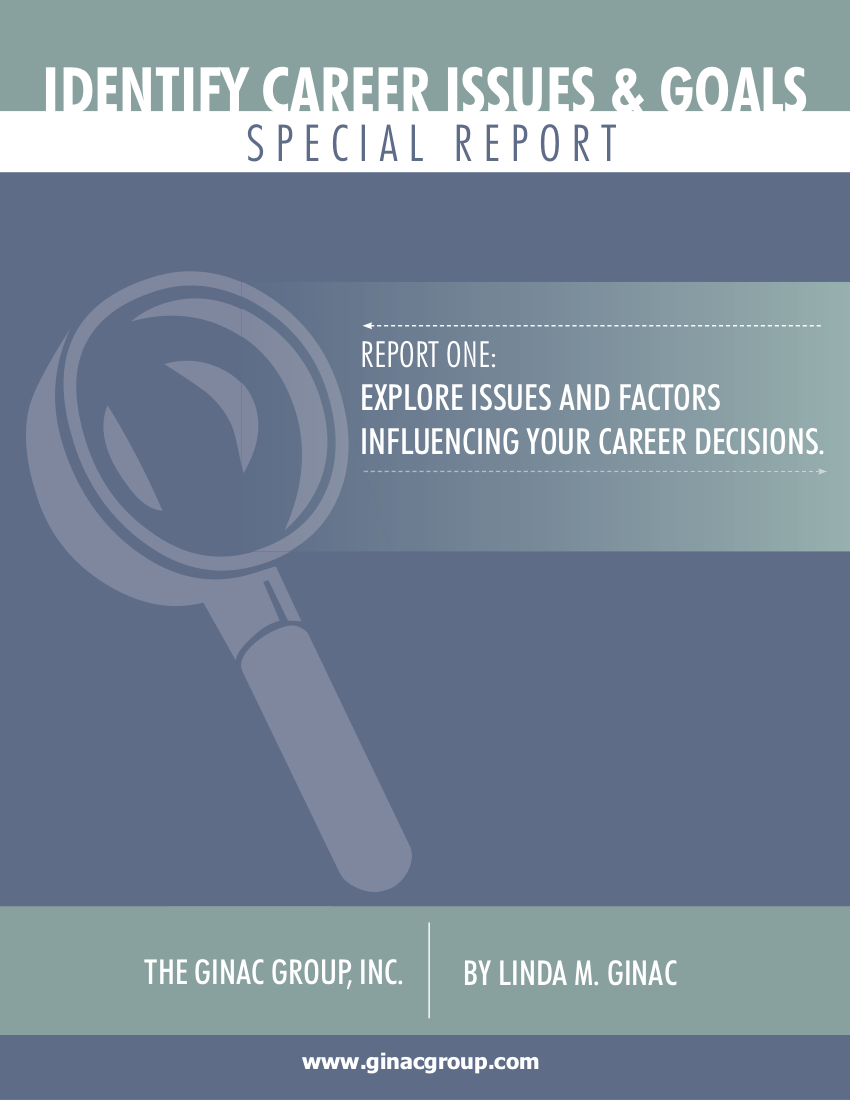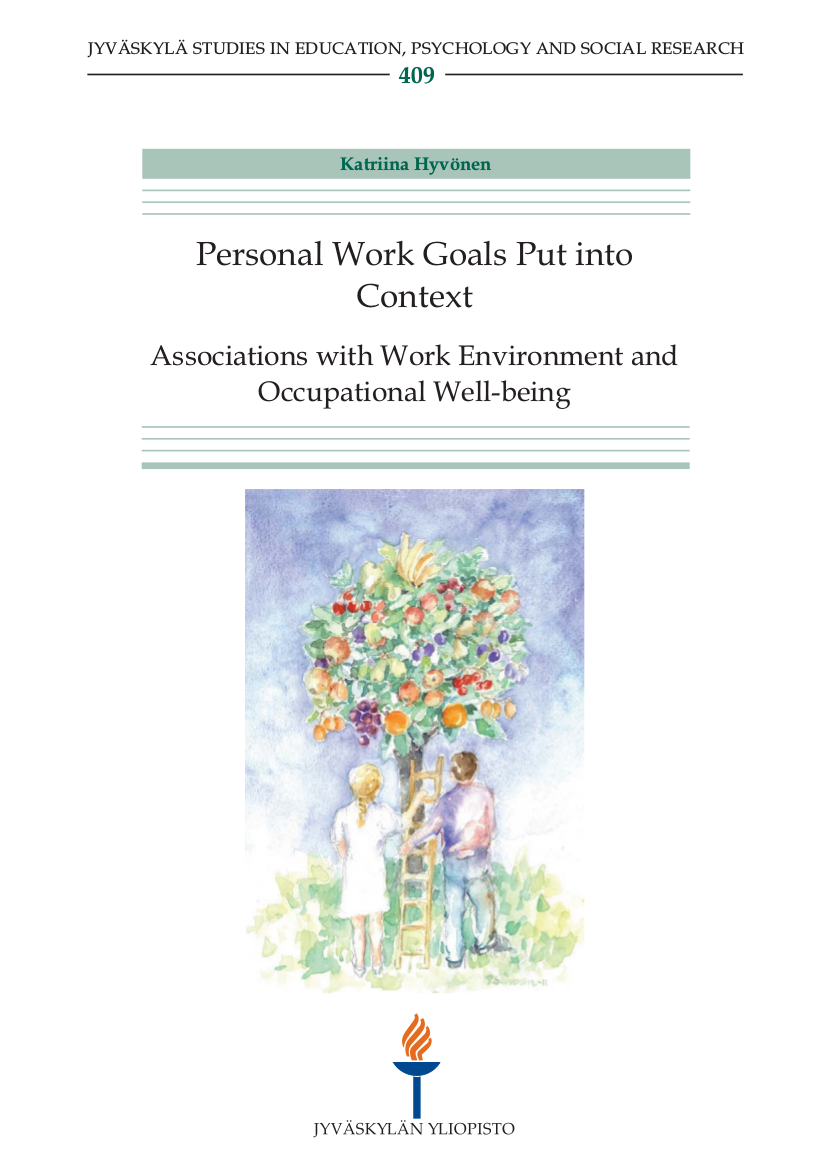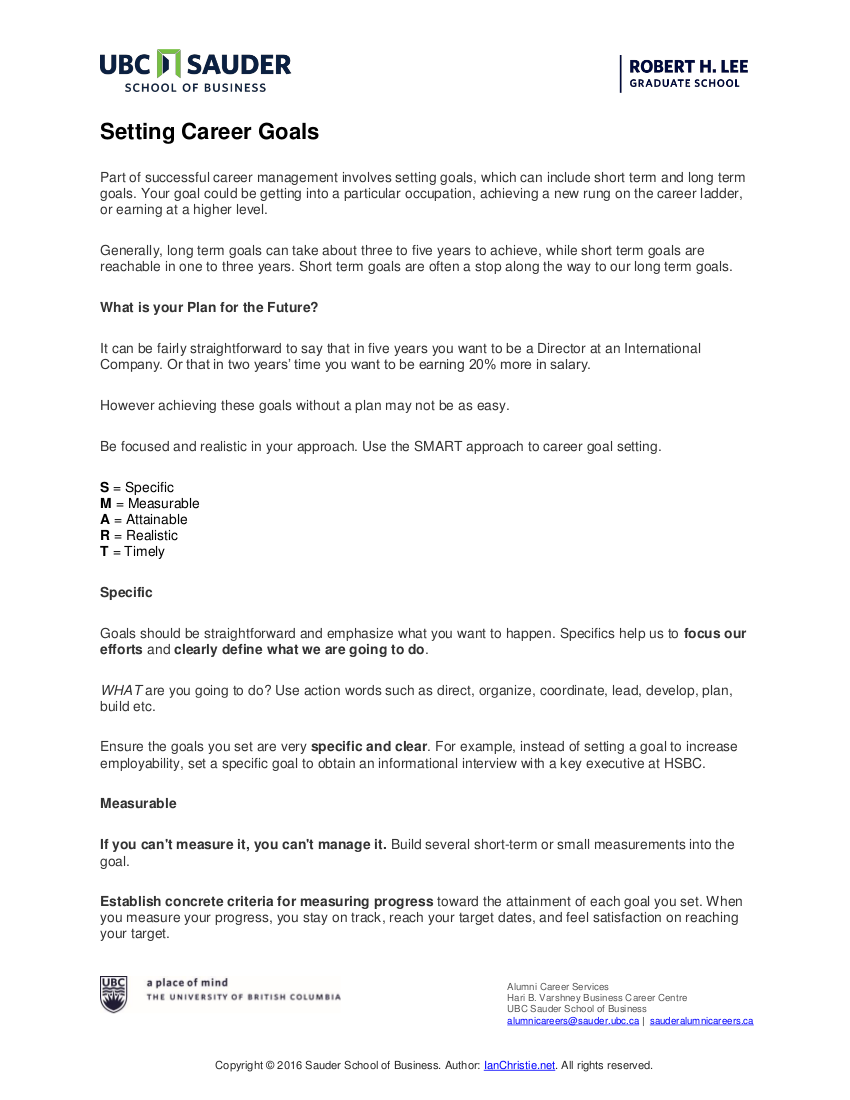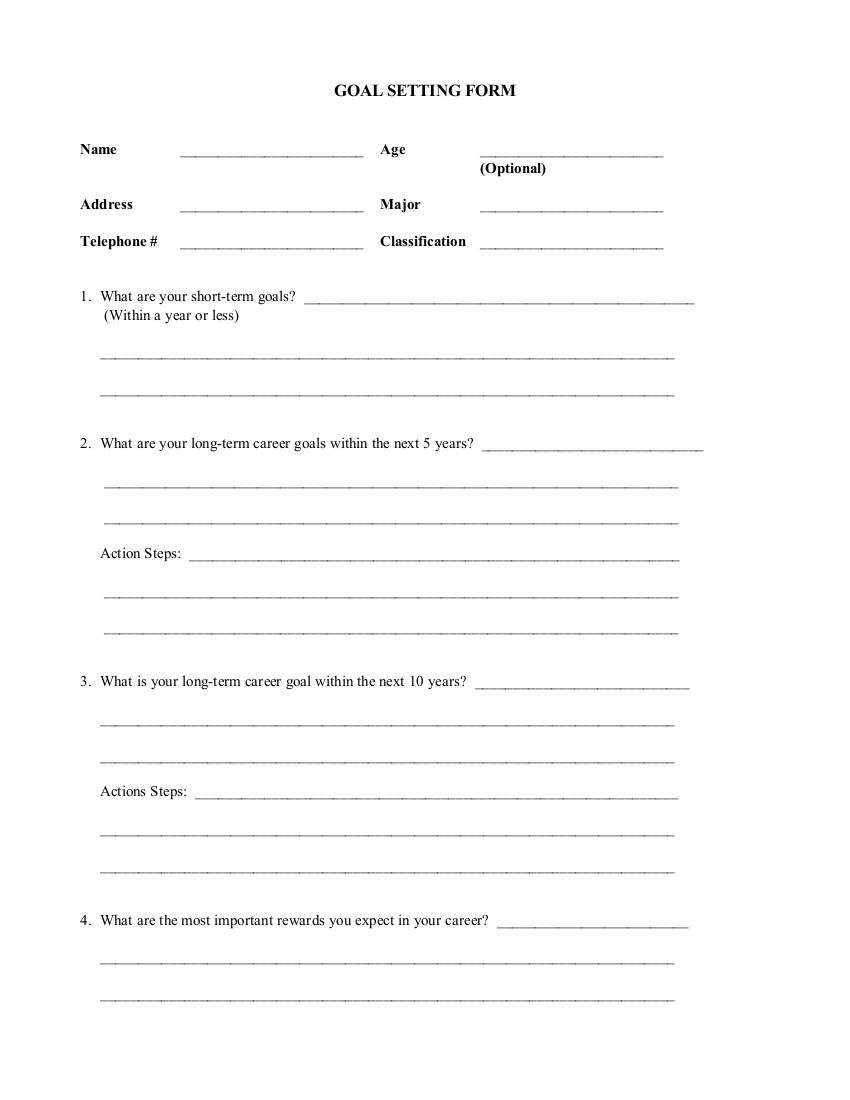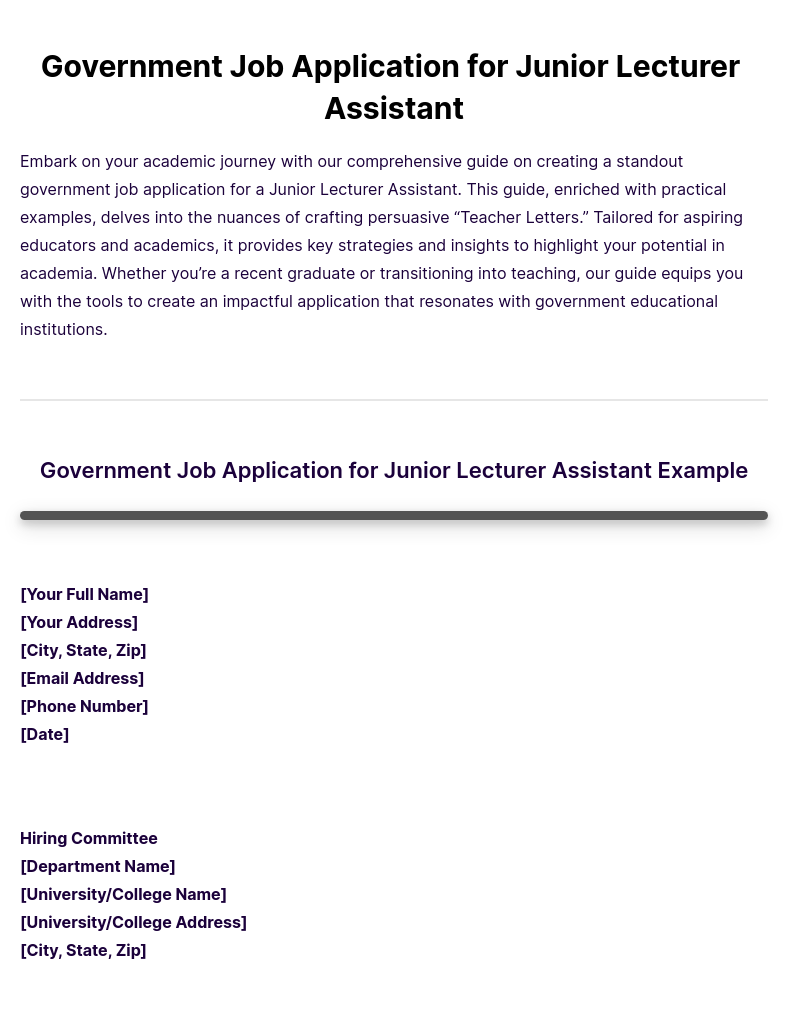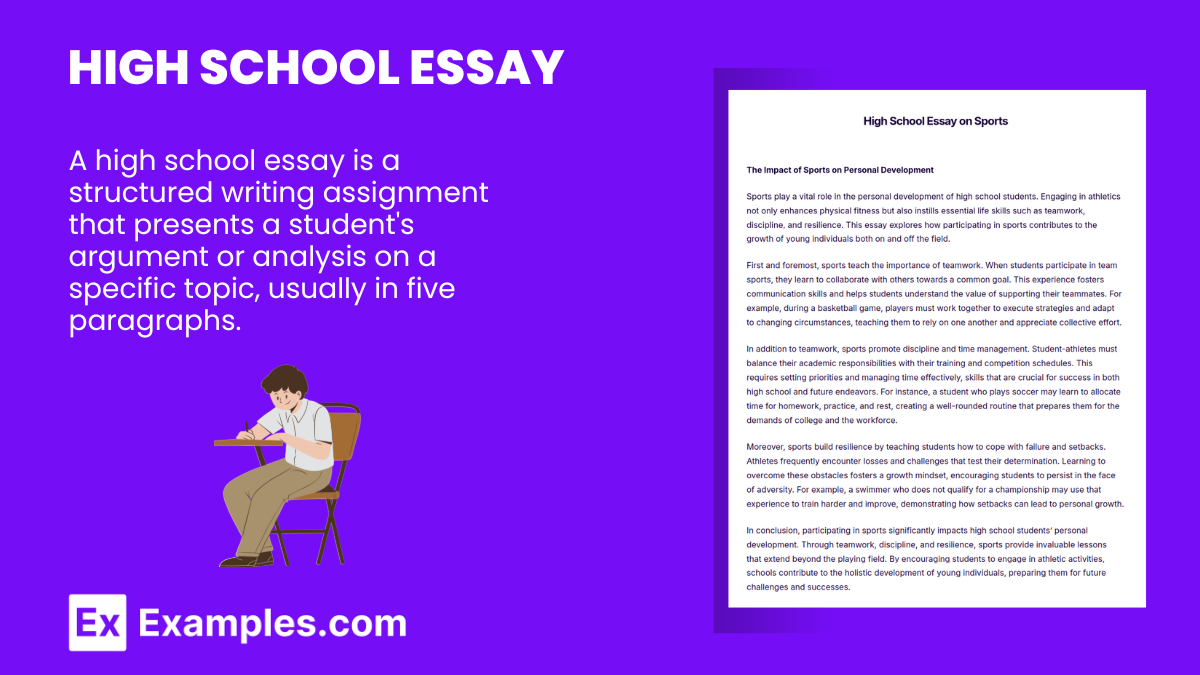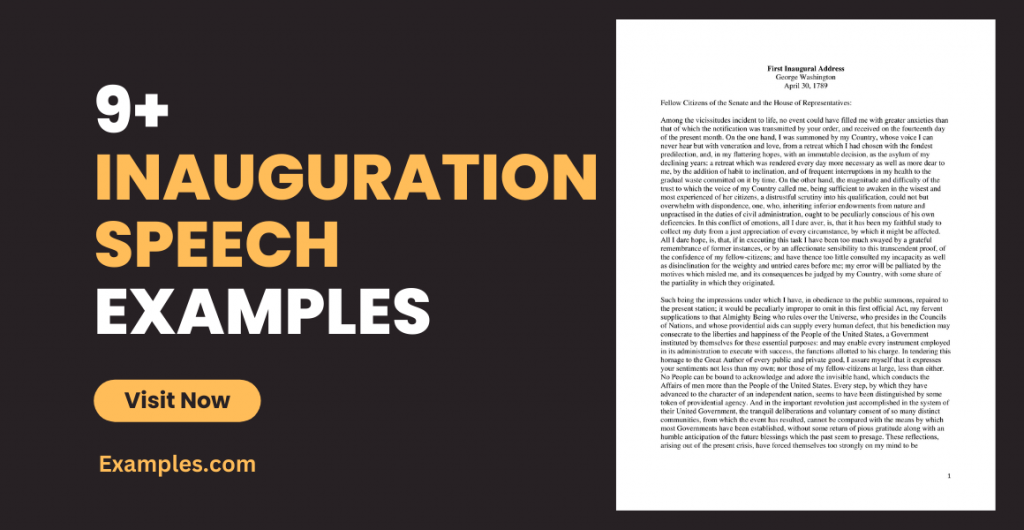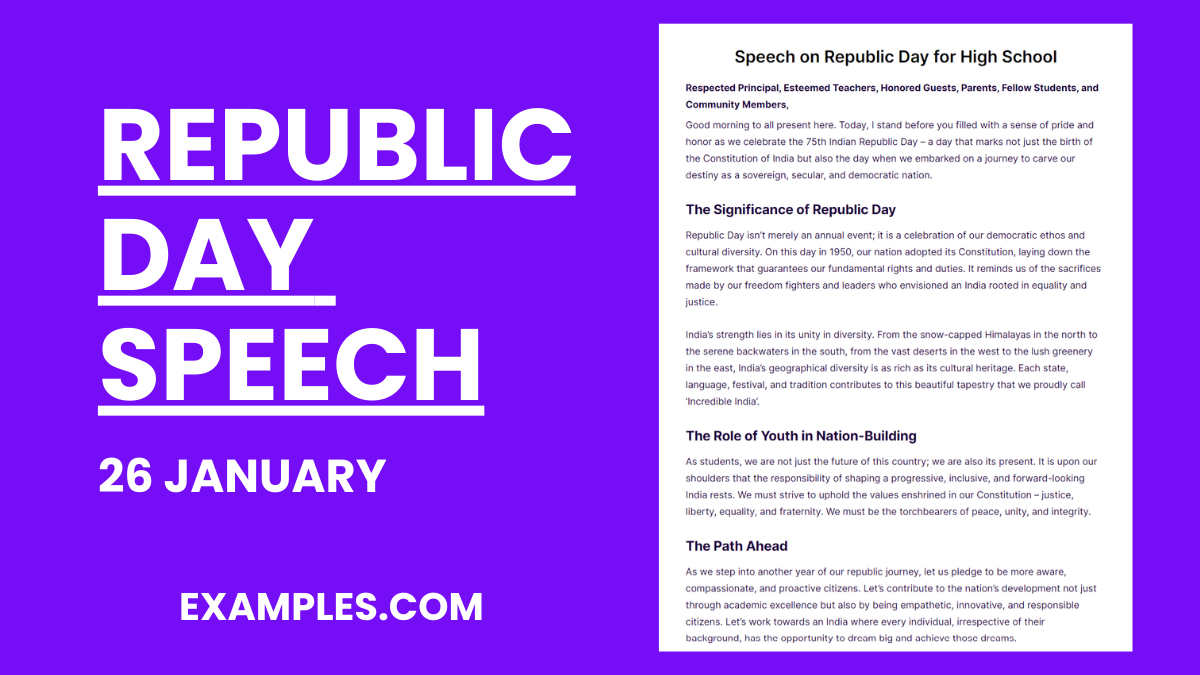Setting goals for work do not have to be difficult. In fact, all you have to do is to reflect on your priorities because it is in this way that you will be able to determine how determined and passionate you are in achieving such goal. Setting goals for work can provide you something you want to work toward and it gives you the feeling of not being aimless while working your 8-hour shift or more because you know you it is one of the steps you need to take in order to reach either your short-term goals or long-term goals.
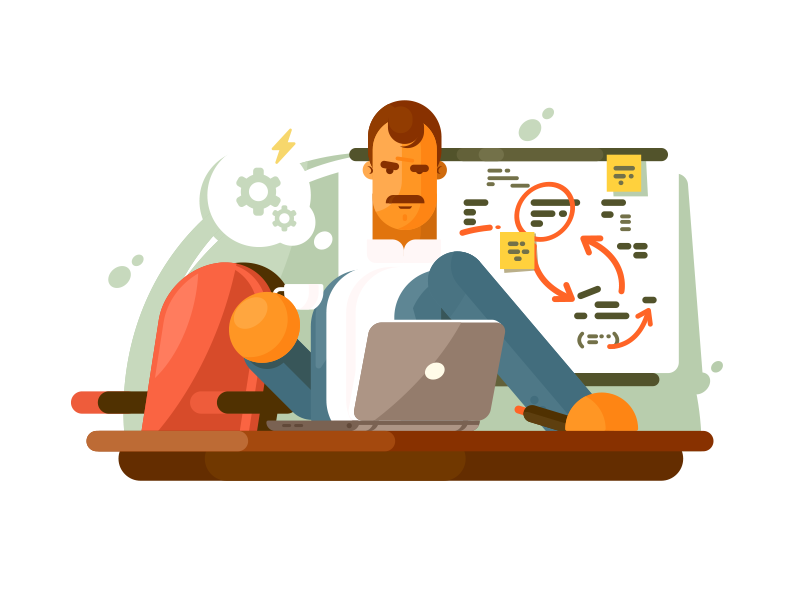
Achievable Goals for Work Examples
Having difficulty in deciding what goals for work you should set your heart on? Here are some examples of achievable goals for work you can get inspiration from:
Short-Term Goals
Improve or enhance your work performance
To enhance or improve your performance at work could be one of your short-term goals for work especially if you have noticed that you are getting less efficient at work lately.
It is in improving or enhancing your work performance that you will not only become more efficient at work but you will also be able to gradually build up your reputation that can help you achieve your other goals such as getting a pay increase or a promotion.
Earn an additional degree or certification
Sure, you may have already earned a degree and it helps you to get where you are working now but having an additional degree or certification that could further enhance what you have initially learned and earned can open more opportunities.
Remember that learning does not stop, and while experience is the best teacher, it cannot be denied that learning more concepts at school or in a training could also be of great help when it comes to enhancing or improving the current skill set you have.
Change your current job
Despite the fact that changing jobs could be stressful and tedious, it is often necessary that you should go out of your comfort zone and go to someplace where you will grow. Staying in the same job for years at your prime age could be good but you will not grow that much, and what you know and what you could do will remain stagnant.
Allow yourself to explore other possibilities where you will learn and grow better by changing the current job that you have especially if you have been there for more than two years. Who knows? Your current job might be the next job that you will not only love but it would also be the job where you will achieve your utmost potential.
Create your personal website
Although it is not necessary, it can be advantageous for you if you will build your personal website where you will also be able to build your personal brand.
One of the common requirements when applying for work aside from the usual resume and cover letter is a portfolio. If you will finally decide to change your job, you will not anymore find it hard to prepare your sample works because your personal website can already be used as your portfolio.
Widen your network
For instance, you are still starting with your career and that you have no idea how to get into the field that you want to be working in. This is when your network could help you. Knowing at least one person in the industry or field you want to work in is already helpful, but widening it is even better.
Aside from the possibility that your network could help you in landing a job in the field you want to work in and in introducing new opportunities, your network could also help you in providing valuable tips and feedback on how to survive the industry or field that you want to get in or that you are already in.
Improve or enhance your Communication Skills
While it is important to enhance your hard skills by earning another degree or certification, you should not neglect the improvement of your soft skills. One of the most valuable soft skills that you should never neglect improving or enhancing is communication.
Whatever career you might be aspiring for, having an excellent communication skill is something that you should possess. It could help you when it comes to applying for another job where your competence would already be based by your prospective employer on how you have constructed your cover letter (written communication skill) as well as how you respond to your job interviews (verbal communication). At work, you will face a lot of people coming from different places with different backgrounds, and by having an excellent communication skill, you will be able to have a harmonious working environment.
Career Goal Example
How to Set Career Goals Example
Identifying Career Issues and Goals Example
Personal Work Goals Example
Setting Career Goals Example
Long-Term Goals
Get that promotion
This might be common but aiming for a promotion at work as one of your goals for work is one of the most fulfilling things. Getting that promotion might be difficult but you can easily do so as long as you have an excellent strategic plan.
Once you have achieved some of your short-term skills such as earning another degree or certification or enhancing your soft skills, you will easily get that promotion. Additionally, it will also be helpful if you would be vocal regarding your intents of wanting to get promoted.
Change careers
Changing jobs compared to changing careers is a whole new challenge that it is considered as a possible long-term goal. Most professionals during their mid-careers when they would feel unhappy and would become more open to trying out a whole new different career.
When changing jobs, you could apply for another job, but it could be still in line with the current career that you have. Let’s say you are in the mass media industry when you change jobs, you could be from a broadcast reporting then to newspaper writing. But when you change careers, this means that from the mass media industry you will transfer to the world of business. It takes a lot of courage to do so even at a cost of resources such as your time and money because you are going to go start from zero to thrive in the career that you want to transfer to.
Get expert in your field and be known for it
Being an expert in something takes a long time, but it will be worth it in the end. It takes years and a lot of resources in order for you to become an expert in your field. You could rename this goal to a famous motivational quote by Harvey Specter that you can find mostly in Twitter or Tumblr that goes “Work until you no longer have to introduce yourself.”
Change your mind-set, have fun, and be happy at work
Even if this sounds easy, it is actually pretty difficult especially if you find it hard to get in sync with your workmates, your boss, and your job responsibilities. It’s a lot of hard work to have fun and be happy at work, but once you will be able to set aside your differences and look at the brighter side when things at work would get tough, then getting this goal will definitely be of no feat at all.
Sure, you can always change jobs and look for workplaces where you can be happy, but wherever you might be in, you can never be happy and have fun especially if it is your own mind-set and your inability to get satisfied at least once in a while that is hindering you from looking at the brighter side of things. You simply cannot keep on changing jobs forever just because nothing can please you wherever you go. If this is your current situation right now, reflect and think that maybe it is not the job that you had been and currently employed in that is the problem but it is you yourself that is the problem.
Simple Career Goal Example
The 5-Minute Career Goals Action Plan Example
Work Goal Setting Form Example
Easy Tips in Setting Goals for Work
Being able to set clear goals for work, you will be able to answer one of the most dreaded questions that go “where do you see yourself ten years from now?” Having an excellent set of goals for work will give you that long-term vision and short-term motivation that will drive you to go to work every day.
Here are two easy tips that you should follow no matter what especially in setting goals for your work:
1. Always make your goal SMART
Even if this tip is cliche, it goes to show that it is cliche for a reason because it is effective. Setting your goals SMART means that your goals are specific, measurable, attainable, relevant, and time-bound.
-
Specific. Having specific goals compared to broad ones enable you to define your goals easily, which also means that the path to achieving your goal will also be clear to you.
-
Measurable. Without a system on how you are going to measure your goals, you will not be able to know when you have already achieved your goal. For example, your non-measurable goal is to lose weight. How will you know if you have already lost weight if you have no way to measure it? If you turn your goal into “I want to weigh 50 kgs,” then you will easily know that you have already lost weight.
-
Attainable. To know whether your goals for work are attainable, you have to get real first. Consider your current state or circumstance in order to assess the attainability of your goals. There are some goals that are too difficult for you to achieve that even if you work so hard, it will still be impossible for you to reach it and setting such difficult goals will lead you to feel discouraged and unmotivated.
-
Relevant. It is important for you to set relevant goals at work because this serves as your purpose. What makes you work hard even on days when you just want to lie in bed for the rest of the day? It is the relevance of the goal you want to achieve that serves as your constant purpose and motivation.
-
Time-bound. Have you ever received a freelance job wherein the client would just say, “Just give it to me when you will be done with it”? Does it make you feel aimless and unmotivated because there is no time set when you should be sending it? Setting goals that are not time-bound will make you feel that way. Without a deadline, it will be so easy to put off your tasks on the next day until the entire month will pass without you doing anything related to your goals.
2. Set levels for goals
When you would be creating your goals for work, consider having different levels. By having different elements, you could express it basing on the time-bound element of the work goal. You could set different goals, or short-term goals, that you should meet within the seven days of the week or for each of the weeks in a month.
It is by having different levels of work goals that you will be able to easily plan out the steps toward reaching the larger goal that is not attainable yet at the moment unless you will be able to accomplish the smaller ones first. It allows you to plan goals out to work toward a larger goal that wouldn’t be attainable at this time. In short, you need to set and accomplish short-term goals first before working toward the attainment of long-term work goal.
By having levels for your work goals, you will be able to break down the larger or the long-term goals into manageable-sized ones. However, do not forget that aside from assigning a timeline for your final goal, you still have to assign each of your smaller or short-term goals with its own timeline.





